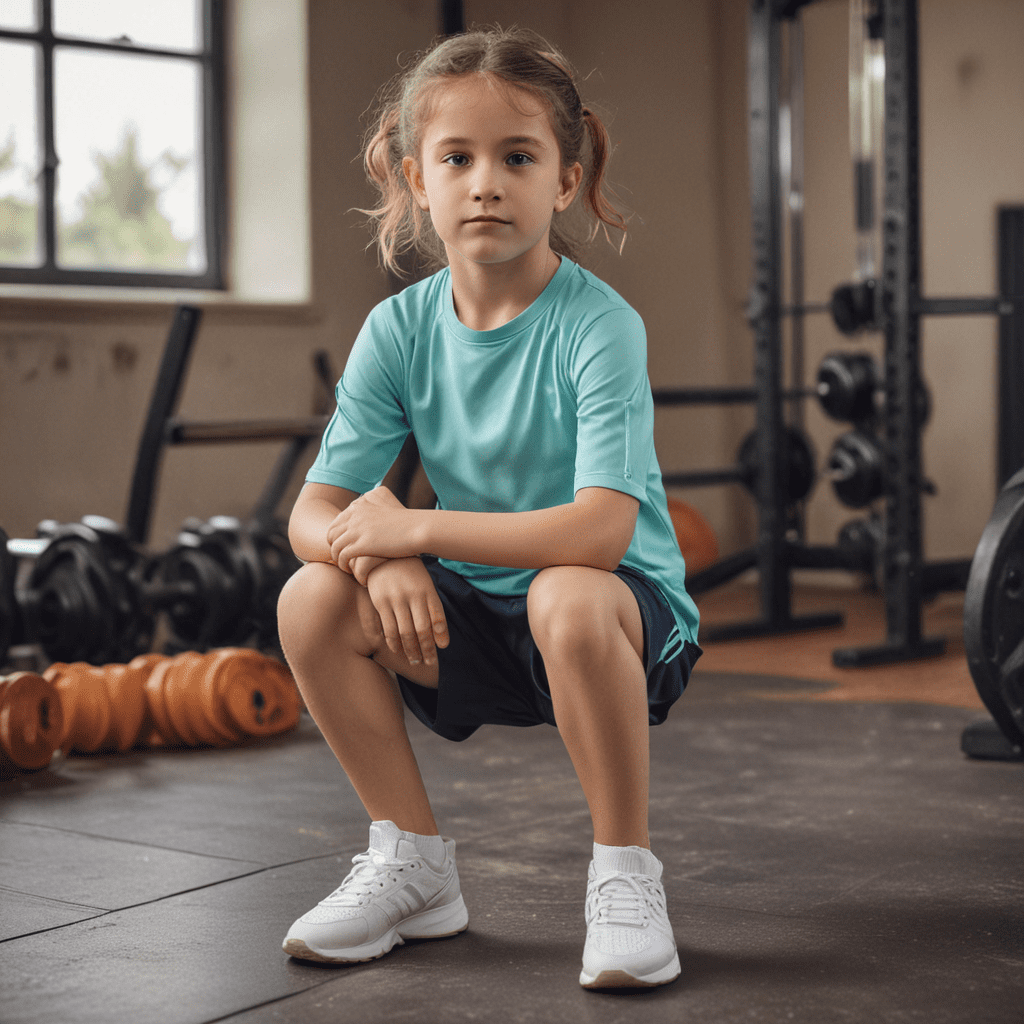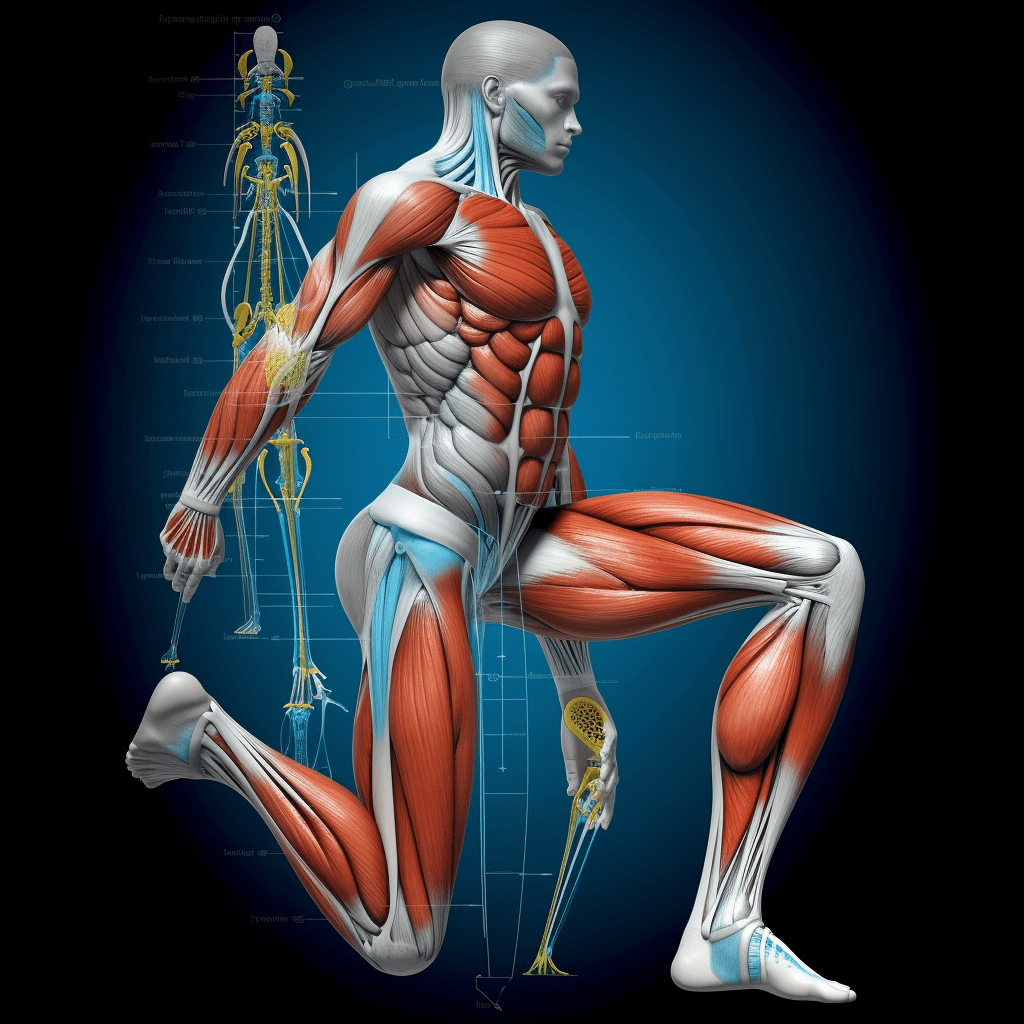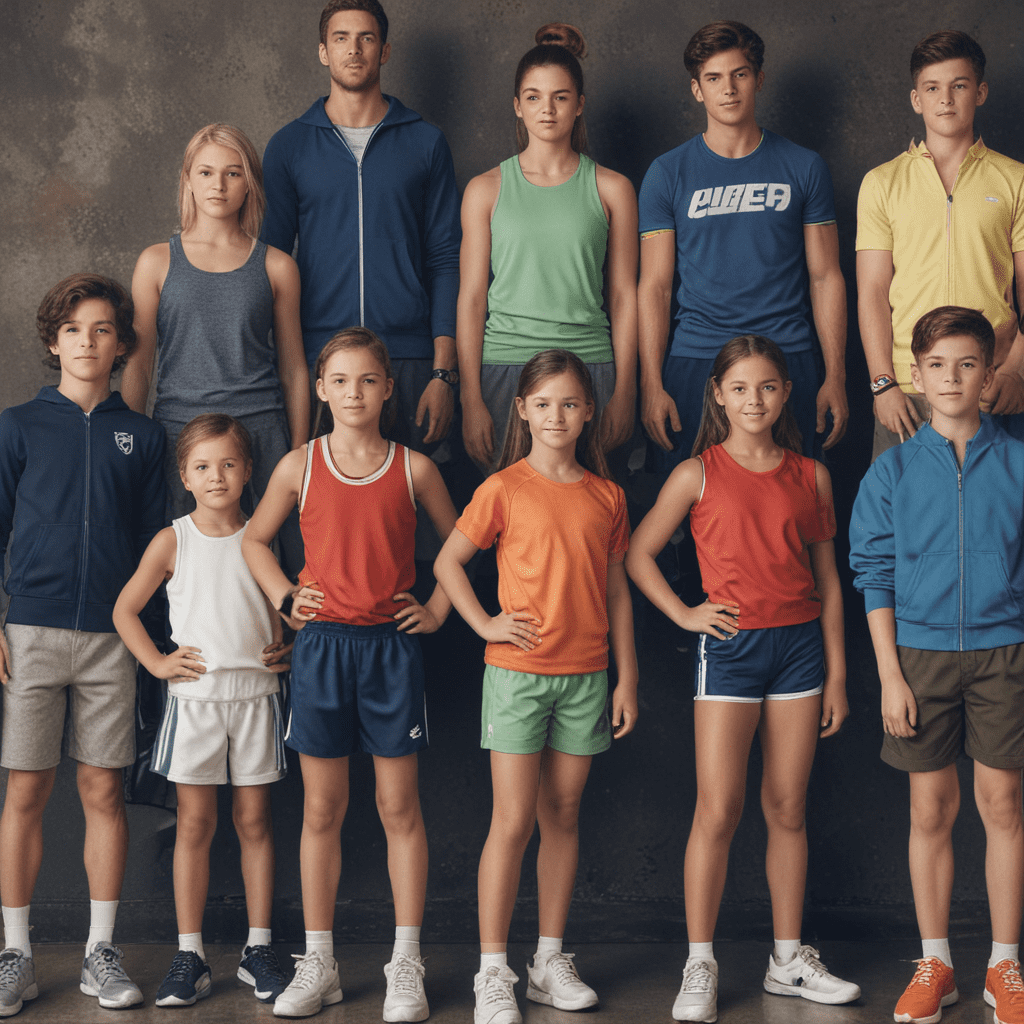
The Importance of Rest and Recovery for Active Kids
Introduction
In today's competitive athletic landscape, young athletes are often encouraged to push themselves to the limit. While training and competition are essential for growth and development, it is equally important to prioritize rest and recovery. Rest allows the body to repair and rebuild itself, ensuring optimal physical and mental well-being.
Benefits for Physical Health
Rest and recovery are crucial for an active kid's physical health. Sufficient rest:
- Reduces risk of injury: Overtraining without adequate rest can lead to muscle strains, sprains, and fractures.
- Enhances muscle growth and repair: Rest provides the body with time to synthesize new muscle proteins, leading to growth and strength gains.
- Improves performance and recovery: Rest allows the body to restore energy stores, reduce muscle soreness, and enhance overall performance during subsequent training sessions.
Signs of Overtraining
Recognizing the signs of overtraining is crucial for active kids. Physical indicators include persistent fatigue, muscle soreness, and sleep disturbances. Mental signs encompass irritability, loss of motivation, and lack of focus.
Consequences of Insufficient Rest
Insufficient rest can have detrimental consequences for active kids. It increases the risk of injuries, diminishes performance, and adversely affects mental and emotional health.
Strategies for Promoting Rest and Recovery
To ensure adequate rest and recovery, active kids should:
- Establish a regular sleep-wake cycle: Maintain consistent bedtimes and wake-up times, even on weekends.
- Incorporate rest and recovery activities: Include active recovery (e.g., light exercise, yoga) and passive recovery (e.g., sleep, stretching, massage) in the training schedule.
- Encourage healthy nutrition and hydration: Fuel the body with nutritious foods and adequate fluids to support repair and recovery processes.
The Role of Parents and Coaches
Parents and coaches play a vital role in promoting rest and recovery for active kids:
- Educate kids: Explain the importance of rest and recovery and how it contributes to their overall well-being.
- Monitor training loads: Supervise training programs to ensure they include sufficient rest periods.
- Provide support and resources: Assist kids in establishing healthy sleep routines, accessing recovery modalities, and managing stress.
FAQ
Q: How much rest do active kids need?
A: The amount of rest needed varies based on age, activity level, and intensity. Consult with a healthcare professional or sports medicine specialist for personalized recommendations.
Q: What are common signs of overtraining in kids?
A: Fatigue, muscle soreness, sleep disturbances, irritability, loss of motivation, and lack of focus.
Q: How can parents help kids recover from overtraining?
A: Encourage rest, reduce training intensity, provide emotional support, and consult with a healthcare professional if symptoms persist.


